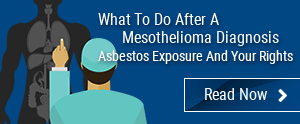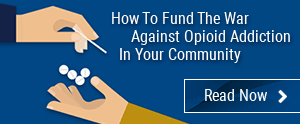Zantac, otherwise known as ranitidine, has long been a popular over-the-counter heartburn medication in Ohio and across the country. However, manufacturers recalled it in 2020 because of links to the development of cancer. According to reports, the Zantac recall was well-founded.
Why Zantac is a concern
Carcinogens are substances that can cause cancer. The probable carcinogen in ranitidine is N-nitrosodimethylamine, which is often shortened to NDMA. Researchers have shown that this chemical causes cancer in a variety of animals when ingested.
Storing ranitidine over long periods makes the medication even more dangerous because NDMA in the drug increases over time. Hot temperatures also raise the level of NDMA. Even room temperature is warm enough to increase levels of this carcinogen.
If you have old ranitidine in your medicine cabinet, any lawyer with experience in Zantac-related lawsuits will tell you not to take it. The longer you’ve held onto the medication, the less safe it is.
All ranitidine is dangerous
There are many forms of ranitidine, and some people wonder if the types they take are dangerous. Extensive testing shows that numerous kinds of ranitidine have unacceptably high levels of NDMA. The Food and Drug Administration requested that manufacturers withdraw every ranitidine formulation from the market.
NDMA might cause a variety of cancers, including throat, nasal, pancreatic and stomach cancer. There could also be a link to prostate, bladder, colorectal and multiple other types of cancer.
What to do next
If you take Zantac, stop immediately and contact your doctor for guidance. A medical professional can advise you about alternative medications, lifestyle changes and any safety precautions you need to take. If you’ve been diagnosed with cancer and suspect that it was caused by ranitidine, you might benefit from contacting a lawyer.


